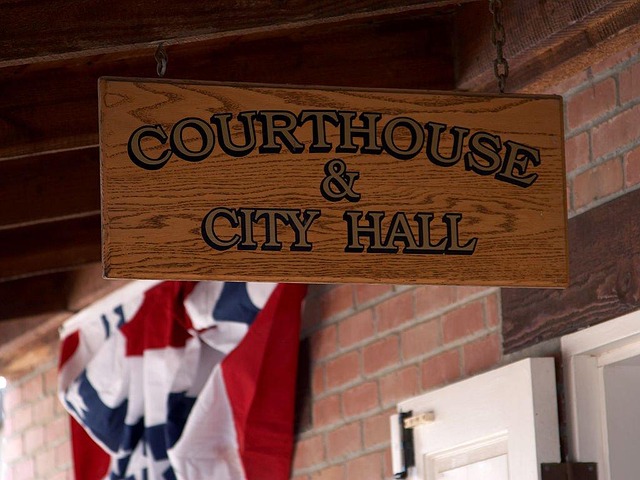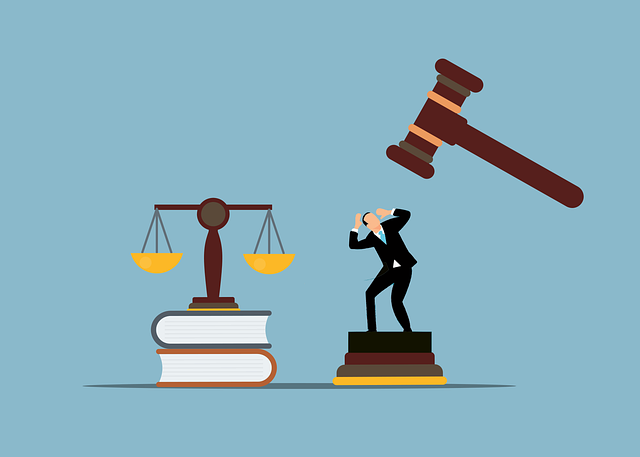Financial fraud, driven by schemes like identity theft and data skimming, demands robust detection through analytics, due process in court, and legal frameworks. AI and ML revolutionize risk management, enhancing evidence for white-collar cases. Effective due process guarantees fair trials, public trust, and justice in complex financial fraud investigations.
Financial fraud remains a significant global concern, with sophisticated schemes evolving rapidly. This article delves into the multi-faceted approach to combat this crime, exploring common fraudulent activities, data analytics’ pivotal role, and legal frameworks designed to protect individuals and institutions. We highlight advanced techniques like AI and Machine Learning for efficient fraud detection, while emphasizing the critical importance of due process in court to ensure justice and accountability.
- Understanding Financial Fraud: Common Schemes and Indicators
- Role of Data Analytics in Efficient Fraud Detection
- Legal Frameworks: Protecting Individuals and Institutions
- AI and Machine Learning: Advanced Fraud Prevention Techniques
- Importance of Due Process in Court: Ensuring Justice and Accountability
Understanding Financial Fraud: Common Schemes and Indicators

Financial fraud is a pervasive issue that impacts individuals, businesses, and even entire economies. Understanding the common schemes and indicators is crucial for effective detection. One of the most prevalent forms is identity theft, where criminals use personal information to open fraudulent accounts or gain unauthorized access to financial resources. Another scheme involves credit card skimming, where thieves capture card data during transactions, leading to unauthorized charges.
Indicators can range from unusual transaction patterns, such as sudden large purchases or money transfers, to suspicious activity like multiple failed login attempts. By implementing robust due process in court, which is of paramount importance, financial institutions and law enforcement can achieve extraordinary results in combating fraud. This involves meticulous documentation, thorough investigations, and precise analysis across the country, ensuring that fraudulent activities are exposed and perpetrators brought to justice.
Role of Data Analytics in Efficient Fraud Detection

The role of data analytics in financial fraud detection is becoming increasingly pivotal as the complexity and sophistication of fraudulent schemes evolve. Advanced analytical techniques enable financial institutions to uncover hidden patterns, anomalies, and correlations within vast datasets that may indicate fraudulent activities. By leveraging machine learning algorithms, these institutions can predict potential risks and identify suspicious transactions with greater accuracy, thereby minimizing losses. This proactive approach is crucial in the ongoing battle against fraudsters who exploit vulnerabilities in the system.
Beyond mere identification, data analytics plays a vital role in due process within court proceedings related to financial fraud cases. Comprehensive analysis provides concrete evidence for jury trials, ensuring fair and just outcomes. The ability to correlate multiple data points can help prove or disprove allegations, ultimately influencing the legal consequences for those accused of fraudulent activities. Avoiding indictment and mitigating risks for philanthropic and political communities become more manageable with robust data analytics, which serves as a powerful tool in both the financial sector’s fraud prevention efforts and legal processes.
Legal Frameworks: Protecting Individuals and Institutions

The fight against financial fraud requires a robust legal framework that protects both individuals and institutions. Legal systems play a pivotal role in deterring fraudulent activities by establishing clear guidelines and consequences. One of the key aspects is ensuring due process in court, which means every party involved has the right to a fair trial with proper evidence and representation. This is essential for maintaining public trust in financial markets.
A well-defined legal structure enables authorities to investigate and prosecute fraudsters effectively while providing safeguards to protect innocent parties. It also facilitates achieving extraordinary results in cases where fraudulent schemes are complex and intricate, ensuring that justice prevails. Moreover, a comprehensive legal framework serves as a powerful tool for general criminal defense, offering avenues for the complete dismissal of all charges under specific circumstances, thus balancing punishment with fairness.
AI and Machine Learning: Advanced Fraud Prevention Techniques

Artificial Intelligence (AI) and Machine Learning (ML) have emerged as powerful tools in the arsenal against financial fraud. These technologies are revolutionizing fraud prevention by enabling sophisticated pattern recognition and predictive analytics, which far surpass human capabilities. By analyzing vast amounts of data, including transaction histories, customer behavior, and complex network relationships, AI algorithms can identify subtle anomalies indicative of fraudulent activities. This proactive approach to risk management is a game-changer in the financial sector, allowing institutions to stay ahead of fraudsters.
The integration of AI and ML goes beyond detection; it aids in building robust defenses in court. In white-collar defense cases, where complex financial schemes are involved, these advanced techniques can provide compelling evidence. The ability to demonstrate patterns and correlations not immediately apparent to human analysts can significantly strengthen winning challenging defense verdicts for his clients. Due process in court becomes more efficient and effective when AI-driven insights are utilized, ensuring a fair and informed legal battle.
Importance of Due Process in Court: Ensuring Justice and Accountability

In the realm of financial fraud detection, the importance of due process in court cannot be overstated. It serves as a cornerstone for achieving justice and accountability, particularly in cases involving white-collar crime. Ensuring a fair and transparent legal process is crucial to maintaining public trust in the judicial system. When individuals are accused of financial misconduct, they deserve a robust defense that protects their rights and ensures they receive a fair trial. A competent white collar defense attorney plays a vital role in navigating this complex landscape, providing for his clients a powerful advocate who can challenge evidence, expose weaknesses in prosecution cases, and achieve extraordinary results.
Proper due process guarantees that suspects are informed of the charges against them, allowing for a comprehensive understanding of their alleged offenses. It enables a thorough examination of evidence, safeguards against self-incrimination, and facilitates effective communication between the accused and their legal representation. By upholding these principles, the court ensures that any convictions or acquittals are based on substantial evidence and adherence to legal standards, thereby fostering a sense of fairness and justice in the pursuit of financial fraud detection.
In the ongoing battle against financial fraud, a multi-faceted approach is essential. From understanding common schemes to leveraging advanced analytics and AI, each strategy plays a vital role in safeguarding individuals and institutions. Moreover, the importance of due process in court cannot be overstated; it ensures justice, accountability, and maintains public trust. By integrating these elements, we can create a robust fraud detection system that effectively navigates the complex financial landscape.






